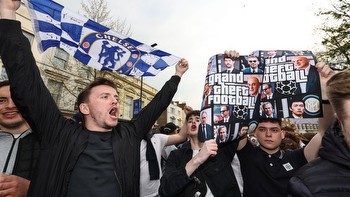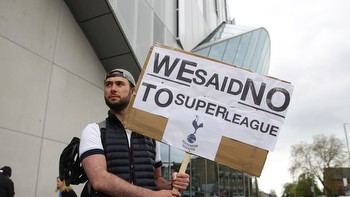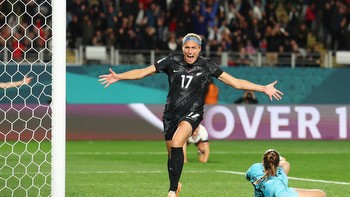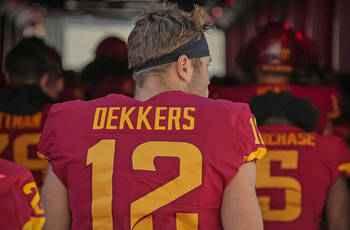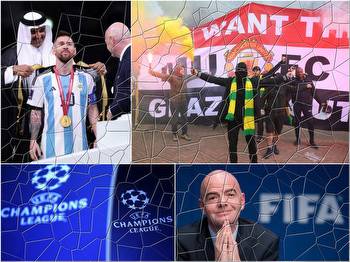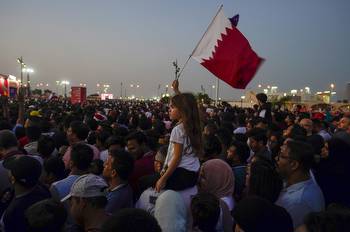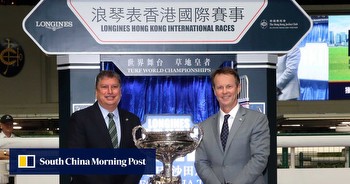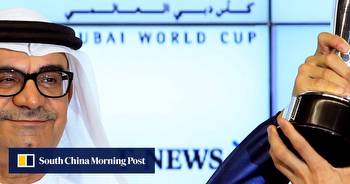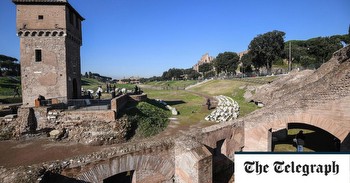Competitor Season: Multiple Leagues Facing Threat of Competition
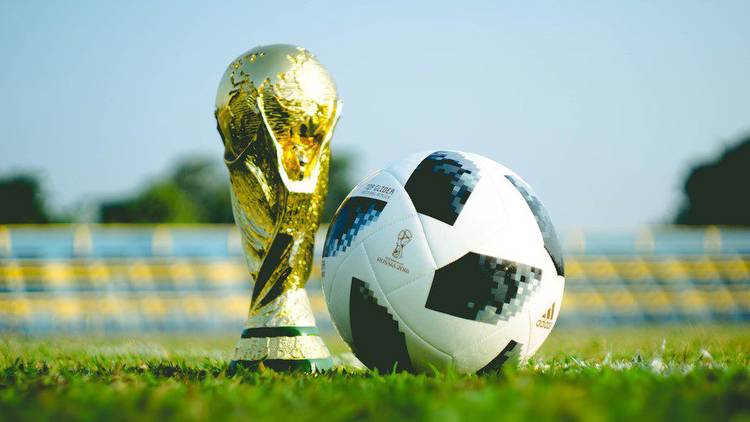
When it comes to the spirit of competition, nothing captures the human drive for glory quite like sports. In fact, sports are one of the first forms of shared culture. Scholars think that track and field, along with wrestling, were the earliest forms of athletic competition. Shortly after, horses got involved, leading to chariot races and dead sprints alike.
Thousands of years in the future, that drive to win remains the same. In fact, the Winter and Summer Olympic Games are a direct vestige of early humankind’s interest in athletic prowess. While we know the first record of the Olympic Games was back in 776 BCE, it’s likely that the tournaments started hundreds of years before that.
Even horse races at the Roman Circus Maximus closely resemble a modern racetrack. Today, fans love to dive into all forms of sports betting—on horse races, football games, and far beyond. But our interest in betting stretches back to the days of Roman chariot races. Archaeologists recently uncovered betting slips used over a thousand years ago to wager on the outcomes of races at the Circus Maximus.
Today, sports competitions carry the same spirit, along with an interest in betting on a contest’s outcome. But that doesn’t mean a Greek wrestler would recognize the modern world of martial arts. In fact, there’s been a huge change in how sports, leagues, and teams are organized over the last two centuries. There are rules, contracts, international standards, domestic and international leagues, and much, much more.
For close to a century, most of the world’s organizations have ruled over their sport, monitoring world rankings, regulations, and more. But will these behemoths of sporting leadership last? Over the last decade, there are hints they might not. Let’s dive into the biggest sports leagues currently embroiled in controversy.
PGA Tour vs. LIV Golf
There’s currently a battle going on in terms of professional golf. This battle is being fought between the PGA, founded in 1929, and LIV Golf. For close to one hundred years, the PGA has overseen golf’s highest echelon of competition throughout the world. Its primary tours are located in North America, Europe, and Japan.
But there’s a new player in town: LIV Golf. LIV Golf has attracted controversy for a few reasons. First, it’s being funded by the Saudi Arabian Public Investment Fund, which has been tied to more than a few unsavory practices. Second, it’s using that money to attempt to woo major players away from the PGA—not in the spirit of fostering competition, but in what’s being listed as a cash grab. Third, there’s an assumption that Saudi Arabia is doing this in an effort to sportswash.
However, whether the PGA will be able to outstand LIV’s growth remains to be seen. In fact, LIV Golf is successfully leading a charge against the PGA in the US, where the PGA is being charged with an antitrust lawsuit. In other words, it’s being charged with running a monopoly.
ESL vs. FIFA
And speaking of monopolies, it can be hard to find the line between a monopoly and an overseeing body. In the case of FIFA, the organization squarely places itself in the shoes of a benevolent despot in the world of football. FIFA, established in 1904, oversees and organizes the sport to promote sport and foster international competitions.
The European Super League was an attempt to cut into this market domination. The idea was simple: sign on Europe’s top association clubs to compete in a private league during the regular season of domestic leagues. FIFA immediately stepped in to quash the project, threatening to ban players who play in the ESL from competing in the World Cup.
Overwhelmingly, fans backed this move from FIFA. They didn’t want the ESL to turn association football into a cash grab. But not everyone feels that FIFA does this from the goodness of its heart. The organization has been embroiled in multiple controversies—particularly tied to accepting bribes about World Cup host nations, how its male and female competitors are compensated, and, most recently, FIFA president Gianni Infantino’s idea to unite the world by hosting a World Cup in North Korea.
(Devdiscourse's journalists were not involved in the production of this article. The facts and opinions appearing in the article do not reflect the views of Devdiscourse and Devdiscourse does not claim any responsibility for the same.)


